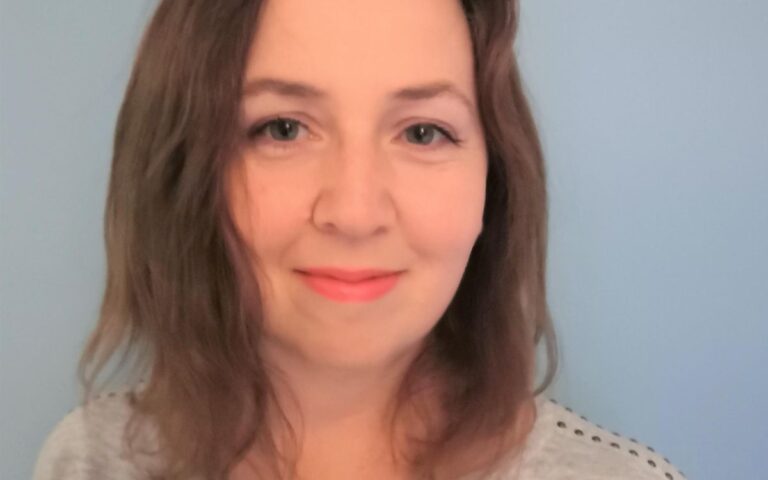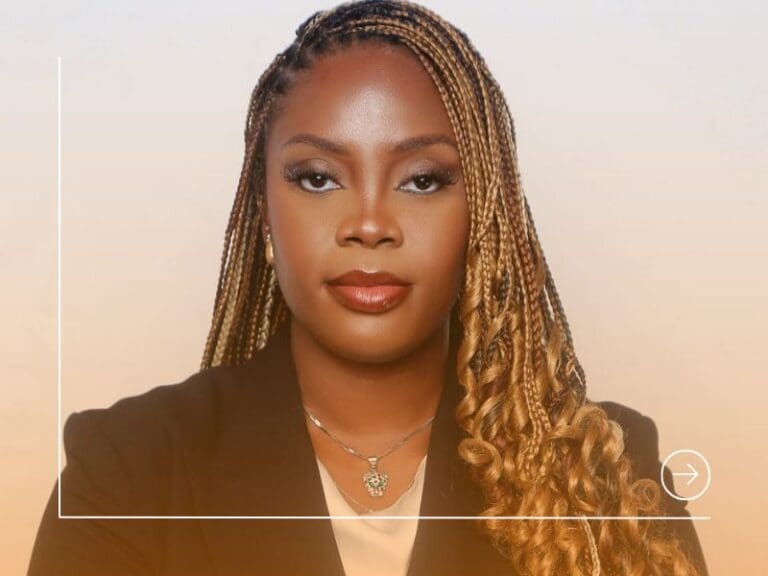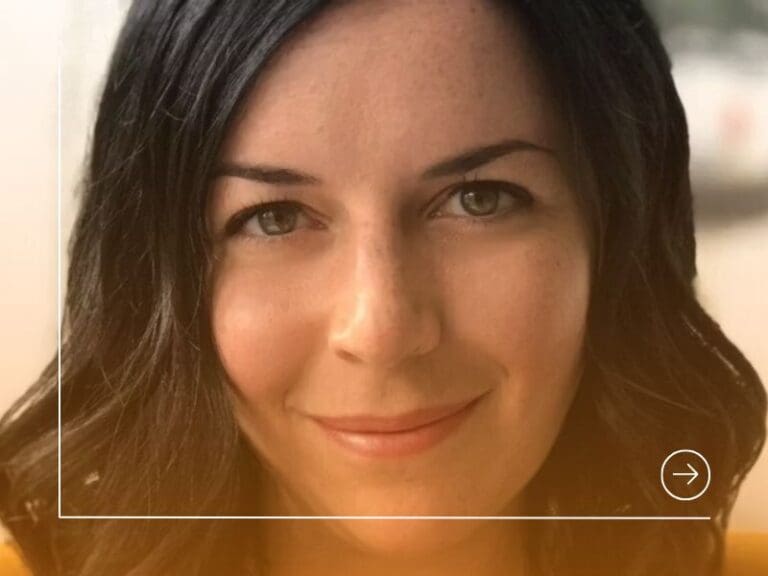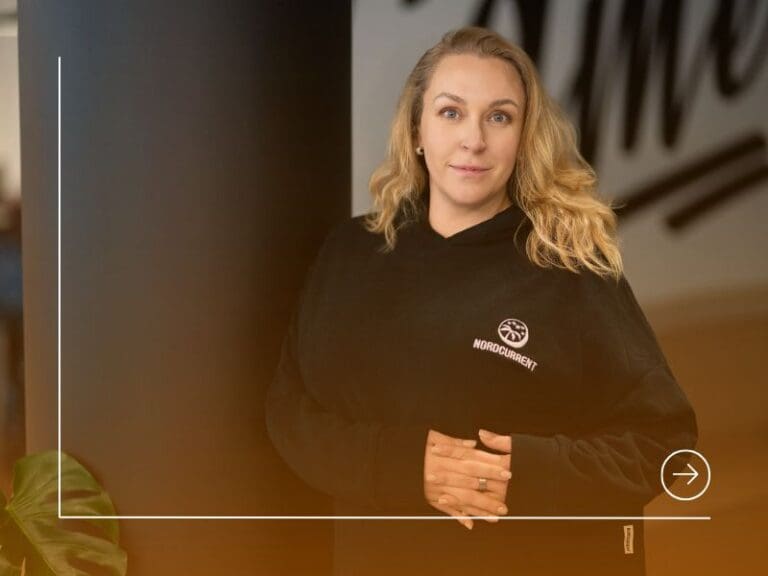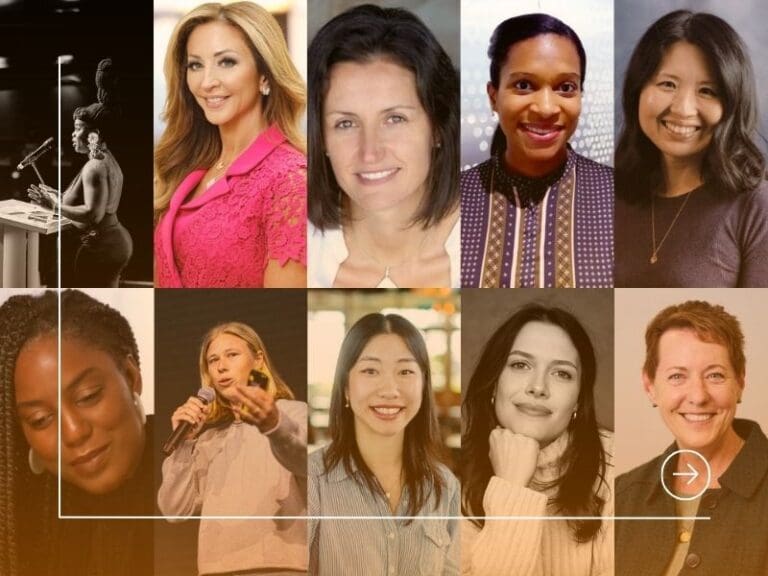Kieran’s career has been built around a central theme of using data science and analytics to underpin decision making.
She started out by undertaking a PhD in computational chemistry, then moved into answering interesting data problems in academia (Imperial), government (DfE, DECC, BEIS) and the private sector (NATS). Latterly Kieran has originated a dedicated Business Intelligence function at Ordnance Survey, delivering 21st century BI to ensure that a 230+ year old national treasure remains relevant and sustainable.
Kieran’s interests include karate (both learning and teaching), learning the guitar, and trying to finally master sourdough baking.
How did you land your current role? Was it planned?
My current role started out as a senior data scientist hire to explore ‘using business data’ and quickly evolved into running the Business Intelligence function which I founded within weeks of starting at OS! It wasn’t planned from my point of view – it was a (second) sideways career move due to personal circumstances during Covid – but it quickly became apparent this was an opportunity I could seize if I wanted to, in a company I had long wanted to work in, so I grabbed it and have stayed.
What are the key roles in your field of work, and why did you choose your current expertise?
Business Intelligence roles fall on the spectrum between hard analytics and much softer customer engagement, encompassing design and business process thinking. In a big enough BI team there will be space for a really varied bunch of people; at core, numeracy and curiosity, as well as a desire to solve problems, are what I look for, and these are the corners of the skillset I bring to the role. I’ve always loved working with numbers and people so the people & problem centered analytics specialism chose me really, I’m not sure I had much choice.
Did you (or do you) have a role model in tech or business in general?
To be honest, I admire anyone who has the ability to hold the room’s attention and simultaneously maintain a laser focus on the technical detail when needed. It’s relatively rare to be able to charm people whilst talking about data, so I hold women – and men – who can do this well in high esteem.
What are you most proud of in your career, so far?
It’s a long time ago now but I’ve never been as proud as the day I was awarded my PhD. It required such focus and self-motivation for a long period, with such a low income, that it would have been by far the easier decision to give up. I’m so proud of the research I did including on a collaboration which I was told would be impossible to kickstart. The discipline and work ethic I developed during my PhD have stood me in good stead ever since, as well as the ability to know when something is ‘good enough’; perfection is the enemy of completion during a PhD. I’ve had a lot of career highs since but nothing will beat the feeling of pure personal accomplishment I had that day.
What does an average work day look like for you?
It varies a lot but I typically spend 3-5 hours in meetings, with customers (discussing requirements, reporting progress, demo-ing completed work) and my team, and the rest of the day fluctuates between thinking, researching and implementing new ideas towards furthering the team’s strategic objectives, designing team training or collaboration sessions, and the odd bit of technical coding or dashboarding.
Are there any specific skills or traits that you notice companies look for when you’re searching for roles in your field?
Companies tend to focus on specific technical skills such as Python, SQL, Power BI etc, with less focus on the customer empathy and engagement skills which are so important to do the job well. There is also often sector experience required which I find less important – someone bright with a desire to learn will soon pick up the context they need to do their analytical job well so I’d push for fewer requirements in this area.
Have you ever faced insecurities and anxieties during your career, and how did you overcome them?
I’ve definitely had insecurities about not being the absolute best coder. I was also quite shy in my early career – working with lots of male academics was very overwhelming! For me the two things which helped were a dawning realisation that everyone has insecurities, even the aforementioned male academics, and secondly, really honing in on what skills I uniquely can bring. This echoes some career advice I recently heard my Chief Financial Officer giving a room full of emerging leaders which is so true – find your USP and don’t hold back from shining a light on it. If you’re not sure what your USP is then ask your people leader and colleagues what you bring. You might be surprised by the answers others give.
Entering the world of work can be daunting. Do you have any words of advice for anyone feeling overwhelmed?
Don’t put too much pressure on yourself, your early career is for gaining experience and working out who you are professionally. Any skills you can gain are useful. One of my first jobs was as an assistant project manager and I hated it! By examining which bits of it I hated and which bits I could tolerate, I realised I missed working with data, but really enjoyed working with people. I genuinely wasn’t aware of these preferences before. Also feel free to change jobs frequently, particularly in your early career; it’s not the time to turn down interesting opportunities in the name of employee loyalty.
What advice would you give other women wanting to reach their career goals in technology?
Go for it!! Technology feels meritocratic compared to some other areas which is great, but there are a lot of other very bright people also trying to make and advance tech careers, so don’t hold back. Take every opportunity you can to learn new skills, be they technical or softer. However don’t let yourself get pigeonholed as the ‘one who is good at facilitating workshops’ or ‘the one who writes good notes’. These are really important skills but so often women get pushed away from the grittier technical work to fulfil these roles. Practice saying “I did X last time so I’d like to focus on contributing in the pair programming section”. If you don’t feel able to push back out loud then get some allies on your side in advance to help steer the allocation of roles. This kind of negotiation is incredibly powerful and as well as the specific benefit to your technical skills, pushing back on unreasonable demands is a very valuable skill to have.


